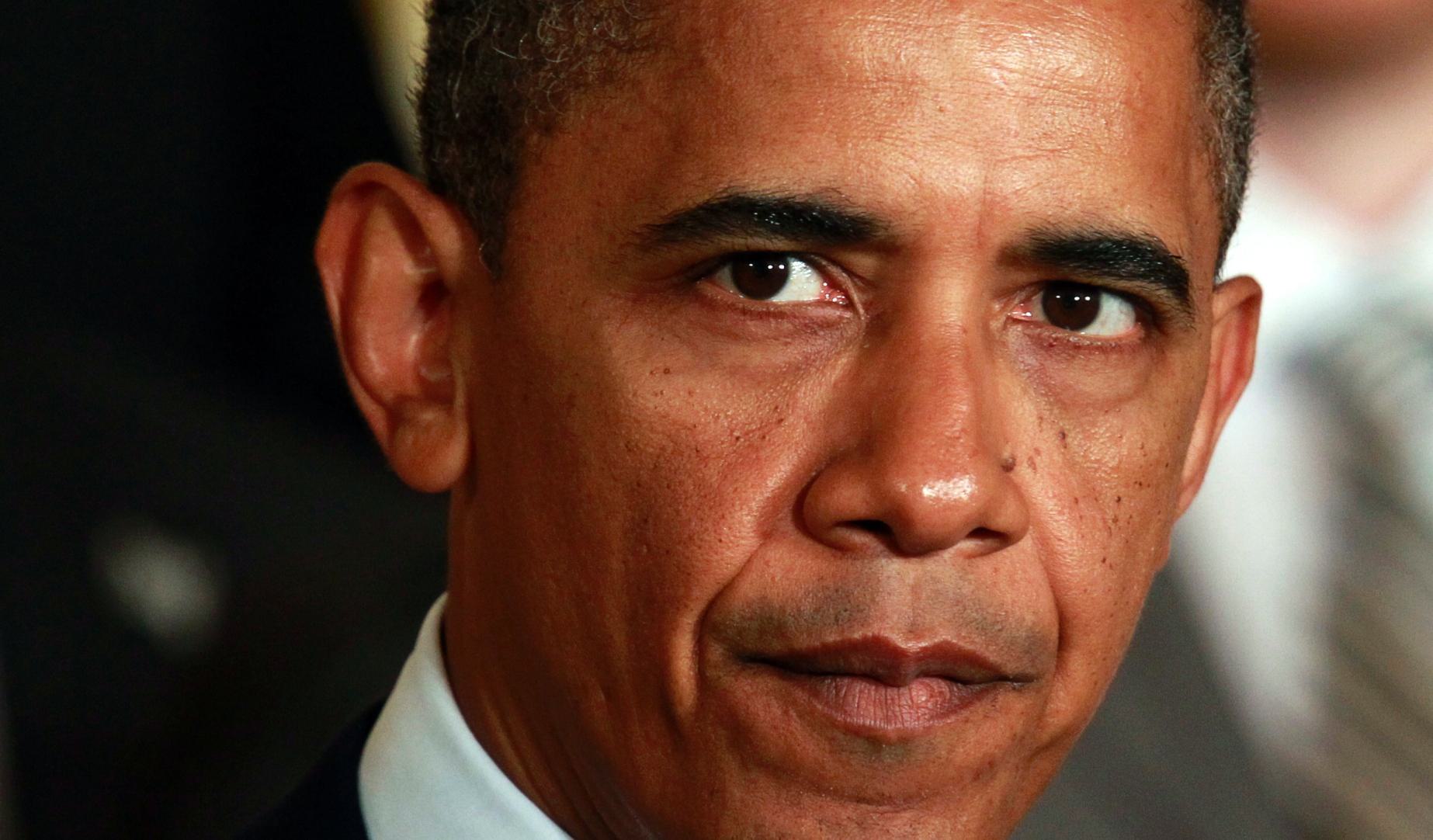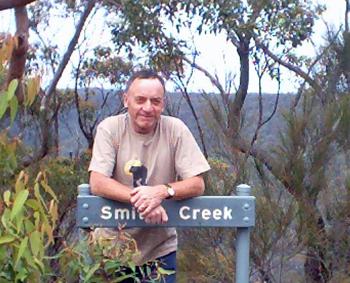The wit and wisdom of George Smith — Do you seriously want to be serious?
In this piece from 1997, George Smith takes a lighthearted look at the more ‘serious’ side of things.
- Written by
- George Smith
- Added
- January 16, 2020

In the early days of Smith Bundy I always wanted to have a check-out in reception. Clients would bring their copy; layouts and finished artwork (oh dear dead phase) there in a basket or a trolley, a junior member of staff would rack up the cost of their purchases on a big till and the clients would pay on the spot. We would accept credit cards. I even invented some dialogue for said staff ... ‘A mailing, two revised adverts, three media schedules and a concept ... Brenda, aren't we doing a special offer on concepts this month?’
I tried to share this and other fantasies with clients. They used to chuckle nervously; look for the exits and sometimes moved their business to other agencies where the proprietor could be guaranteed to be of sound mind. Mind you, eccentricity occasionally had its due reward – I once won a sizeable piece of mail order business when the client team from Manchester arrived early while I was washing my hair in the sink. "Are you really George Smith?" asked the marketing director. "I could be," I said, "Would you mind passing that towel?" We worked with Marshall Ward for the next seven years on the implacably professional basis that we were more fun than the other herberts.
It wouldn’t do these days. Agency pitches are solemn hard work, preceded by large briefing documents from the client and ending with spiral-bound submissions from the agency, the whole event choreographed to the minute.

The replacement of human conversation by earnest verbal ceremony can make for mediocre choice.
There is much frowning and note-taking. Regiments of people are involved. Both sides regroup after the presentation to de-brief each other. Another meeting will always be arranged.

Similarly with the interviewing process. Apply for a job more senior than a car park attendant and you will be sent a small feuilleton of paper relevant to the post concerned. Get shortlisted and you will be subjected to a beady-eyed interview aimed at plumbing the heart of your soul. Get seriously shortlisted and you will suffer a barrage of tests and procedures to determine your intellect, your role-playing capacity, your ego, your id, your bonding skills and your command of Excel and water pistols. There's a forest around here which is regularly given over to recruitment weekends where earnest executives zap each other with blob guns, the game monitored by chaps in glasses with clipboards. They all want to be computer salesmen.
My hiring process was always a little more relaxed. I hired Terry Hunt because he read interesting books. I hired Chris Barraclough because he was good on old pop records. I hired Kate Mazur because she was a good bloke who could handle a cricket scorebook. Colleagues could always tell when an interview was going well – they heard the Scotch being opened and conversation turning to the virtues of punk band the Dead Kennedys, the superiority of Lorenz Hart over Cole Porter and why Andrew Lloyd Webber should be hanged just after (British Conservative MP and virulent homophobe) Norman Tebbit. No one queried the relationship of such banter to the stern disciplines of direct marketing. Nor should they have, with salary levels quaking around the hundred-quid-a-week level. Plus LV's I might add.
I am not impressed by the New Seriousness.
The replacement of human conversation by earnest verbal ceremony can make for mediocre choice, whether of the individual or the company. Tick boxes are ticked, points awarded, verdicts reached through an accumulation of collective judgements geared for propriety and not for flair. You hear the phase, ‘He interviewed very well’ and it usually means that the applicant has said the correct things with apparent conviction. The occasional applicant with attitude, the one who might want to challenge the brief will be seen as a loose cannon – mad, bad and dangerous to know.
Which was, of course, the contemporary description of Lord Byron. Would he have got a job as a poet-in-residence? Would deputy prime minister John Prescott have made it via role-playing tests (Blair probably would)? Would Stephen Spielberg have passed an interview (actually he dropped out of movie school and just parked his backside at Columbia Studios without asking; by the time the guvnors found out, he'd written the screenplay for Duel). Talent rarely emerges via the newly formal techniques of selection. You end up with cricketer Mike Atherton or failed England football coach Graham Taylor.

I think I'll pop down to our neighbourhood forest and behave badly. I'll dress up as a moose and confuse both job applicants and chaps with clipboards. They'll probably offer me a job after a psychometric test or two. If your software house turns up for a presentation with the OHP's being carried by a moose, know that we will have scored a small victory for the human race.
This article was originally published in Professional Fundraising in September 1997.


















